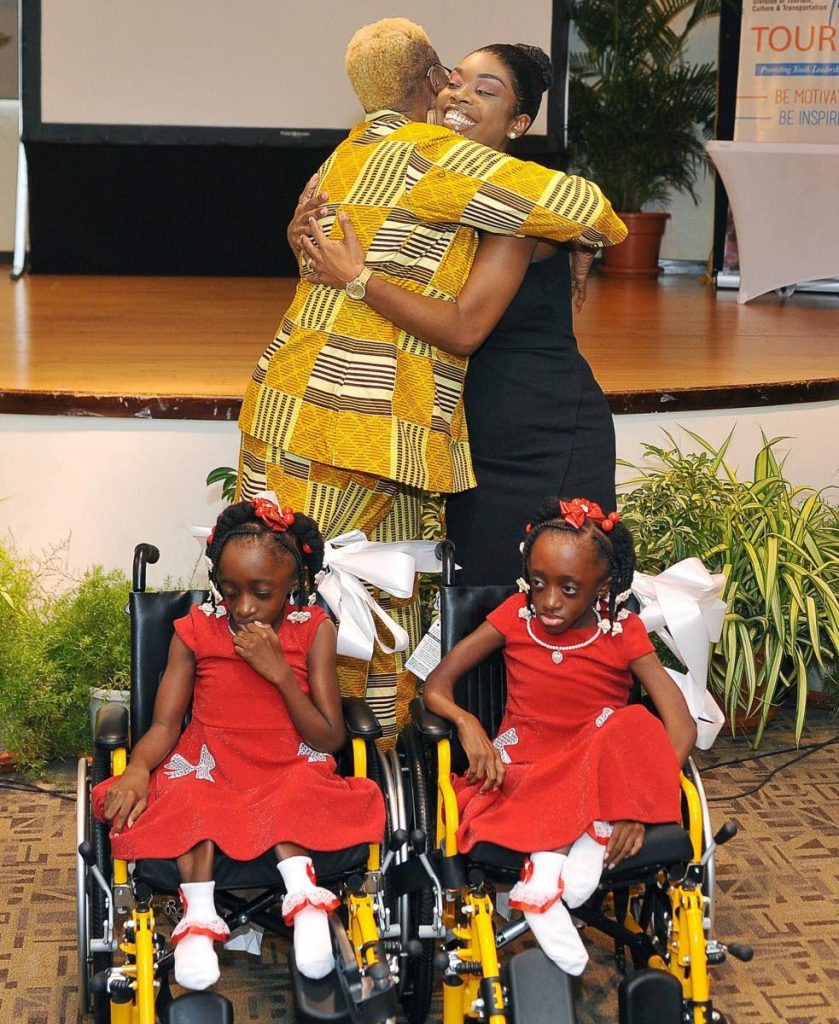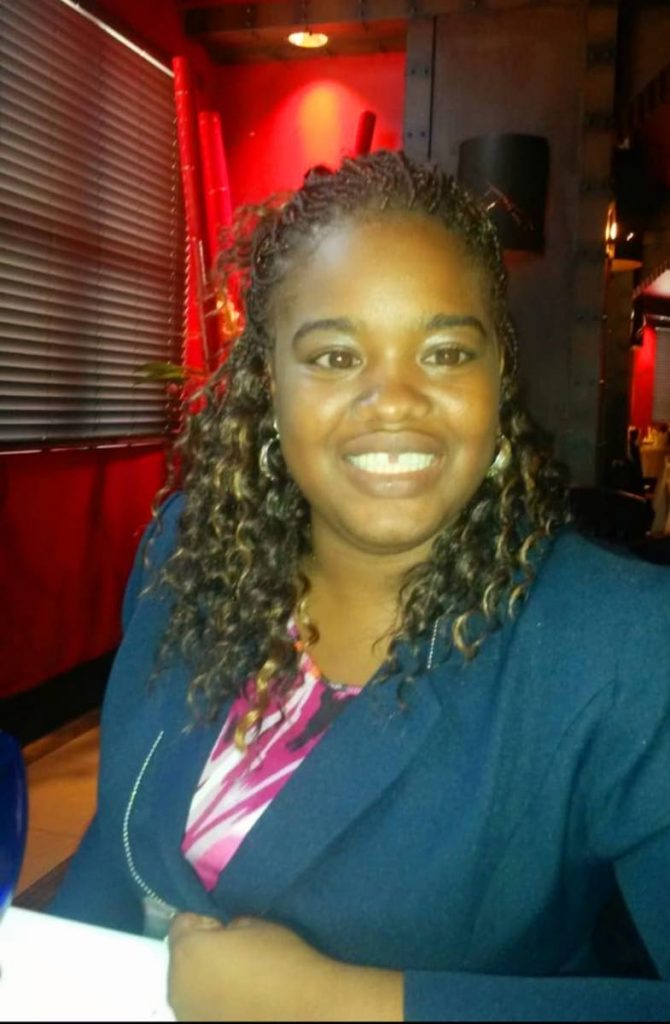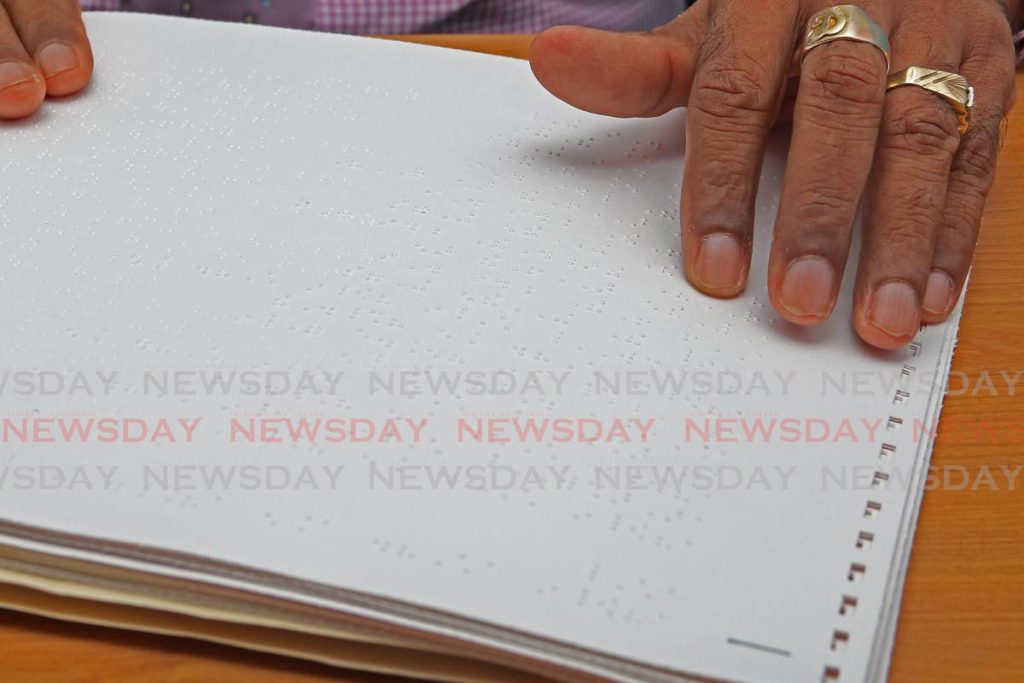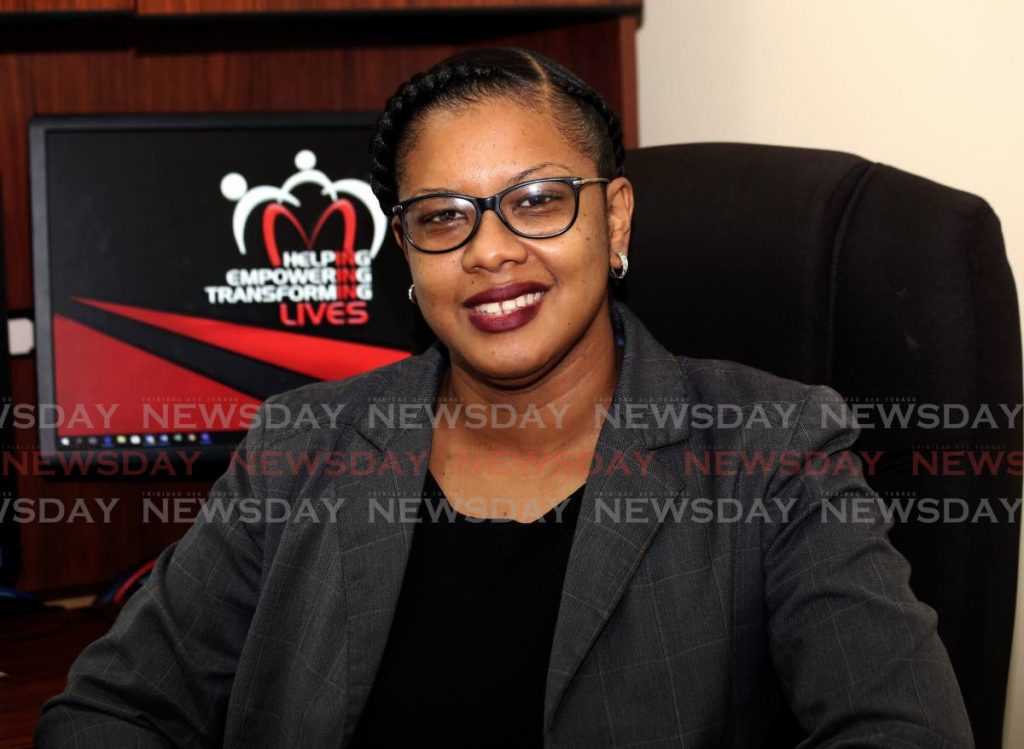United Nations grant to help finance policies for the differently-abled in Trinidad and Tobago

There is hope that a UN grant of US$100,000 (TT$673,000) will go a long way towards bridging the gap and allowing the development of the differently-abled and their inclusion in the wider society.
But even with this funding, local stakeholder groups including the government have their work cut out for them as they try to formulate policies to empower the differently-abled.
The grant. which is part of the UN Partnership on the Rights of Persons with Disabilities (UNPRPD) Multi-Partner Trust Fund (MTF), was issued to develop a full proposal for the inclusion and development of the rights of the differently-abled.
The project, which is led by a UN team from the Pan American Health Organization (PAHO), will unite stakeholders from advocacy groups and government agencies to focus on areas of the most urgent need of development for people with special needs.
The programme, which will be rolled out in three phases, began in May with a series of workshops to discuss how the differently abled are affected by issues of education, cultural perception and discrimination.
Speaking with Sunday Newsday during a virtual multi-stakeholder interview last Thursday, advocacy groups, ministries and regional health bodies shared their expectations and concerns on the task ahead as they join forces to empower one of TT’s most vulnerable groups.
From these forums, officials from different groups raised their concerns, which were identified as key points to be addressed in the policy.
Changing 'cultural narrative' of the differently-abled critical
One of the major concerns stakeholders identified during the discussions was the need to address the perception of the differently abled by the national community.
Despite progress made over the years in terms of the society's acceptance of the differently-abled, members of different advocacy groups said they still face challenges to inclusion, which may range from a lack of institutional support to outright discrimination.

- Photo courtesy Cecille Alves
Awareness officer for the Persons Associated with Visual Impairment (PAVI) Cecille Alves recalled obstacles she faced in the school system as a blind person and hoped the programme would go towards making the lives of students easier.
Alves noted in addition to a lack of support systems at the secondary and tertiary levels, she also had to deal with the attitudes of some teachers, who were not open to the idea of differently abled students in the school system.
“There were a minority group of teachers who believe that children with special needs should not be in the normal class system, because they felt that we would have kept back the class, rather than use the opportunity for it to be a teachable lesson and how they even teach other students who may have hidden disabilities or learning disabilities.”
Dr Taralene Malcolm, non-communicable disease adviser for PAHO and lead on the project, said these attitudes stem from a lack of understanding of the needs of the differently abled.
She says one of the objectives of the programme would be a public information campaign to highlight their potential and capabilities.
“When a differently abled person goes for a job, (employers) may need to reorganise how certain things are done. If someone is blind, there are certain reasonable accommodations that would have to be made to accommodate his work.
“The whole thing to ensure that the environment is of such that persons have equal opportunities to participate in all aspects of society life.”
Data needed for policy-making, law reform
The lack of accurate, up-to-date figures on the differently abled is a major hurdle in the way of any policy-making decisions, as officials admit there have been shortfalls in data collection.
In their proposal document for the funding, the groups noted census reports which estimate that 52,000 people may be living with disabilities in TT, but data on the different categories and age distribution was not available.
Project assistant for PAHO Alicia Hospedales said accurate data drives the success of any programme, as it gives officials an idea of what areas are in most need of attention and resources.

“Right now, we really don’t have accurate figures in terms of who are people with disabilities. What type of disabilities do they have? What type of services do they need?
“Data also informs the type of professionals that are needed in the system because it informs the number of therapists and the type of therapists, whether occupational or psychosocial, that are needed.”
She said one of the problems in using data gathered from a census was the lack of information specific to differently abled people.
She said parents were not likely to mention if they had a child with special needs, partly because they may not understand what qualifies as a special need. Hospedales said recommendations have been made to the Central Statistical Office (CSO) for questions to be more inclusive of the differently abled.
Acting director of the disability unit of the Ministry of Social Development and Family Services Terrez Herrera said work is being done to compile a database on the number of people living with disabilities in TT.
She said this would be done using information available through the ministry’s disability relief grant programme, which serves approximately 25,000 people.
“At this point in time we are trying to establish the relevant fields and widen it to the Ministry of Health, because we will want to see early intervention so we can track children from birth to adulthood
“The register is supposed to be that repository which will inform our programmes and policies, but that too is another project that is in train, but has not been completed.”

While the responsibility of drafting policies and legislation for the differently-abled falls mainly to the State, civil society and the business community are also expected to play a large role in inclusion.
The topic of private-sector partnerships was raised during the workshops and was felt to be necessary not only for developing institutions that were accessible for people with special needs but also for potential employment options for those who qualified.
The challenge with this, said Deokie Ramnarine, policy and research officer in the Office of the Prime Minister (OPM) Gender and Child Development, is the lack of legislation to mandate companies to hire people with special needs.
“We would have written to several private-sector entities telling them of the national policy, telling them about the Bureau of Standards' accessibility codes.
“However, the fact that it is not supported by legislation, where there are actual penalties at this point in time. It is really about moral suasion with the private sector.”
She said the OPM has been collaborating with the Ministry of Labour to find private-sector employers willing to hire people with disabilities and match suitably qualified people with disabilities with jobs.
While inclusion is appreciated, representatives from the advocacy groups are hopeful that more than superficial gestures, but meaningful long-term changes can be made in institutions to open the doors for more differently abled people.
Citing problems he faced in accessing basic services, president of the Voice of the Deaf and Hard of Hearing Jamal Legen suggested sign language should be part of the school curriculum to lift the barriers to communication.
President of the Association of Administrators of Public Special Schools Derrick Mundy was also optimistic that work done would lead to a deeper understanding of the issues facing the differently abled.
Mundy who is blind said the groups did not need tokenism and “window-dressing” solutions but were open to partnerships that could advance the full inclusion of those with special needs.
The development of the full proposal for the funding begins in July. It is the last stage in planning the proposal, and incorporates the needs and suggestions raised during the first and second stages of development.
As stakeholders get to work in drafting this document, there is cautious optimism that if successful, the grant will mark the first of many steps towards building a more tolerant and inclusive society, not only through policy changes but a transformation in the way people see and treat the differently abled.


Comments
"United Nations grant to help finance policies for the differently-abled in Trinidad and Tobago"